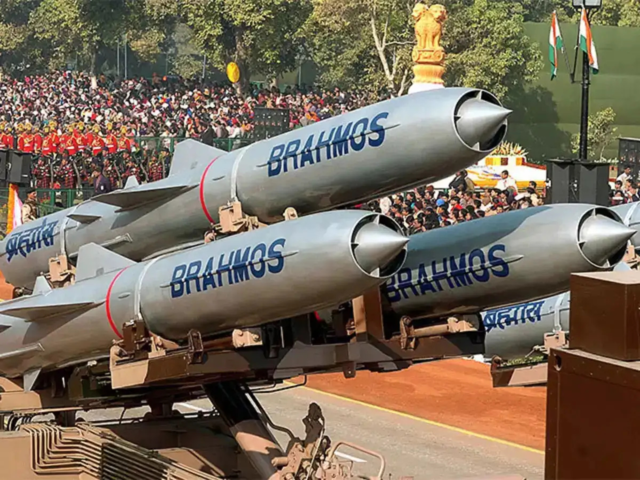Air travel across northern, western, and central India has been severely disrupted following the temporary closure of 27 airports, a measure implemented amid escalating military tensions between India and Pakistan. The Directorate General of Civil Aviation confirmed that these airports will remain shut for commercial operations until Saturday, May 10.
The affected airports include Srinagar, Leh, Jammu, Amritsar, Pathankot, Chandigarh, Ludhiana, Patiala, Bathinda, Bikaner, Jodhpur, Jaisalmer, Rajkot, Porbandar, Gwalior, Shimla, Dharamshala, and Jamnagar. These closures have led to widespread flight cancellations and rerouting, impacting both domestic and international travel.
The airspace restrictions were imposed following a series of military strikes conducted by India on alleged terrorist sites within Pakistani-administered Kashmir. In retaliation, Pakistan claimed to have shot down five Indian fighter jets, escalating the conflict and raising concerns over the safety of commercial flights in the region.
Major airlines, including United Airlines, Korean Air, and Lufthansa, have adjusted their flight paths to avoid the affected airspace. KLM, Singapore Airlines, and Thai Airways have also rerouted flights, opting for longer routes that bypass Pakistani airspace, leading to increased travel times and operational challenges.
IndiGo, India’s largest airline, announced the cancellation of 165 flights until Saturday morning. Other carriers such as Air India, SpiceJet, and Akasa Air have also reported disruptions to their schedules. The DGCA has issued a Notice to Airmen outlining the airspace restrictions and advising airlines to plan accordingly.
The closures have not only affected commercial flights but also disrupted cargo operations and emergency services. Airports in strategic locations, including those near the Line of Control , have been particularly impacted, hindering the movement of goods and personnel.
In addition to air travel disruptions, the conflict has led to heightened security measures across the region. Authorities have increased surveillance and deployed additional forces to sensitive areas to prevent any untoward incidents.
The international community has expressed concern over the escalating tensions and their potential impact on regional stability. Diplomatic efforts are underway to de-escalate the situation and restore normalcy.



 Rafale and SCALP missiles deployed for 23-minute op
Rafale and SCALP missiles deployed for 23-minute op 